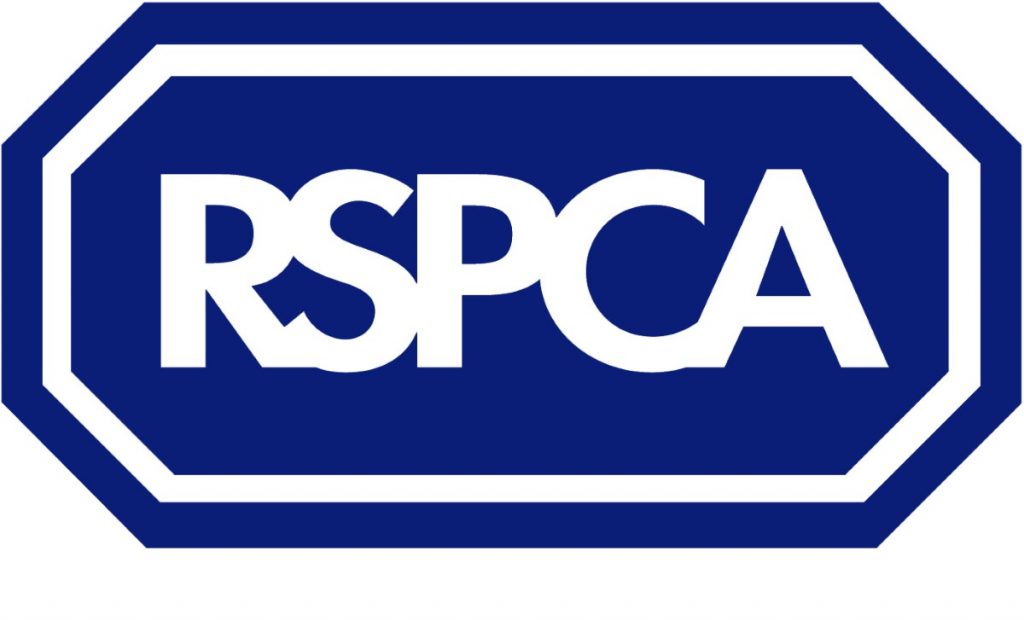The RSPCA is calling on the Government to keep animal welfare in mind when they negotiate the Brexit as the issue of live exports is due to be debated in the House of Commons.
So far this year 58 lorries, in 12 separate sailings, have left the port of Ramsgate in Kent* on a former tank carrier to head to Europe where they can be driven for hours before being slaughtered, many without being stunned first.
Craig Mackinlay MP for South Thanet is due to address the House of Commons on 4 November calling for port owners to be given the right to refuse the trade in live animals. Whilst the trade is still legal as the UK is still a member of the European Union until 2019, Brexit gives a real opportunity for the Government to give port owners the flexibility to decide whether to allow this trade or not.
David Bowles, head of the RSPCA’s head of public affairs, said: “We know that port owners such as Thanet Council, and their constituents do not want the trade, but they are forced to allow it under EU rules. Brexit gives them the opportunity to choose and we hope MPs and the Government will recognise this in the debate.
“The Government has repeatedly said they want the best animal welfare standards and the EU has stood in their way – now is their biggest opportunity to choose welfare over trade.
“Our campaign to keep animals in this country and to only export carcases has been hugely successful, with exports down from nearly two million twenty years ago to tens of thousands now. However every one of those sheep has to endure stressful journeys in a trade that the public deplore, ports don't want and even the Government would rather didn’t happen.
“Now is the chance to end it for good. When we leave the European Union there could be an opportunity for ministers to give port owners in England the right to refuse live exports by amending a Victorian piece of legislation.”
“We need the public’s help to leave the Government in no doubt that they want to see the end of live exports as politicians negotiate our way out of Europe.”
So far over 75,000 people have signed our open letter and petition to farming minister George Eustice urging him to speak out for farm animals. To add your signature visit our website.
The port of Ramsgate is the main ferry port to facilitate this trade from the UK, yet lacks appropriate facilities. The boat used to cross the channel is unsuitable as it was originally built as a tank carrier for use on rivers.
Although RSPCA inspectors have been present at the port at all twelve sailings there are still reported problems with some of the shipments of sheep, many of whom are thought to be destined for slaughter for religious festivals in France.
The RSPCA believe it is best for everyone, farmers the public and the animals, if all in the food and farming industries could work together to ensure that commercially viable options are available for farmers such that all UK born farm animals can be reared and slaughtered in this country.
Ends
Notes to editor
This year RSPCA inspectors at Ramsgate have seen 12 sailings of 58 lorries carrying an estimated 20,000 sheep. *We believe there is another sailing scheduled for Monday, October 31 2016. Last year there were 11 sailings from the port of 58 lorries.
November 4 2016 is the second reading of Mr Mackinlay’s Harbours, Docks and Piers Clauses Act 1847 (Amendment) Bill 2016-17. When Britain leaves the EU the Act could be amended to give ports the option to refuse the trade. However the UK leaves the EU it will still have to apply WTO rules and therefore it is unlikely a blanket ban on live exports could be introduced.
During the Referendum campaign Boris Johnson MP, now Foreign Secretary, and George Eustice, Farm minister, both said that if the UK left the EU, a future British Government would be free to consider introducing targeted restrictions of this sort on ethical grounds.





-01.png)